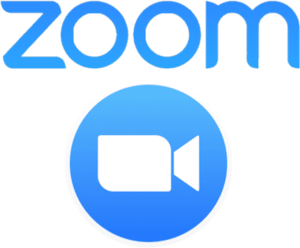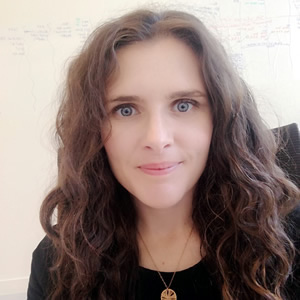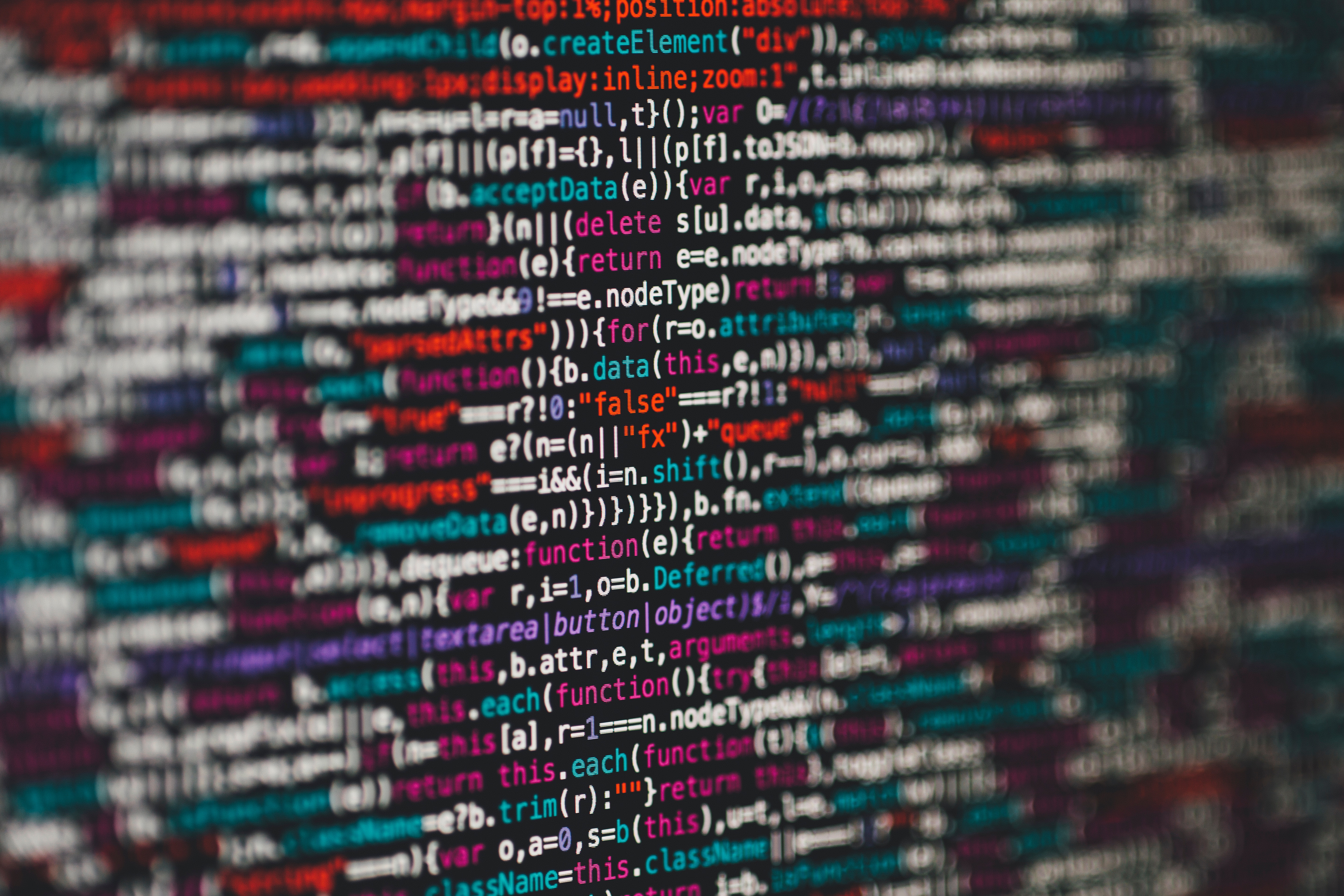Library Carpentry Online
The LIR Group is running a series of the Library Carpentry workshops online during the next few weeks.
Library Carpentry is made by librarians, for librarians to help you:
• automate repetitive, boring, error-prone tasks
• create, maintain and analyse sustainable and reusable data
• work effectively with IT and systems colleagues
• better understand the use of software in research
This week we are running the two courses below. Keep an eye on this page and on our twitter feed @lirheanet, for updates. The following week we are going to be running lessons on GIT, SQL, OpenRefine and Tidy Data. Details of these to follow soon…
Schedule
| Lesson | Date | Time | Instructor | |
| Introduction to Data | March 25 | 10:00 am — 1:00 pm | Jean Murphy | Fully Booked |
| The UNIX Shell | March 27 | 10:00 am — 1:00 pm | David Kane | Fully Booked |
| Introduction to Git | April 1 | 10:00 am — 1:00 pm | Liam O’Dwyer | Fully Booked |
| Open Refine | April 3 | 10:00 am — 1:00 pm | Sinead Keogh | Fully Booked |
| The UNIX Shell | April 6 | 10:00 am — 1:00 pm | David Kane | Fully Booked |
| Tidy Data | April 8 | 10:00 am — 1:00 pm | Ken Lacey | Fully Booked |
| SQL | April 23 | 10:00 am — 1:00 pm | David Kane | Fully Booked |
| Open Refine | April 27 | 10:00 am – 1:00 pm | Sinead Keogh | Fully Booked |
| Open Refine | June 22 | 10:00 am – 1:00 pm | Sinead Keogh | Fully Booked |
| Introduction to GIT | June 29 | 10:00 am – 1:00 pm | Liam O’Dwyer | Book Now |
| SQL | July 6 | 10:00 am – 1:00 pm | Assumpta Byrne | Book Now |
| The UNIX Shell | July X | 10:00 am – 1:00 pm | David Kne | Booking Soon |
Lesson Outlines
Introduction to Data
An introduction to the terminology of data and computing, and the use of regular expressions to search and update text.
- Introduction to Library Carpentry
- Foundations
- Regular Expressions
Introduction to Git
Git is one of the most widely used version control systems in the world. It is a free, open source tool that can be downloaded to your own machine and used for logging all changes made to a group of designated computer files over time. It is at its most powerful when used to coordinate simultaneous work on a group (repository) of files shared by a distributed group of people.
- Git and GitHub
- Versioning, rollback, branches, merging
- Sharing your work with collaborators across the world
- Making a simple website with GitHub Pages
Unix Shell
Introduces the Unix-style command line interface, allowing you to efficiently work with directories and files, and find and manipulate data.
- What is the shell?
- Counting and mining with the shell
- Working with free text
OpenRefine
 OpenRefine is a desktop application that you manage through a browser-based interface. It is one of the most powerful tools out there for dealing with messy data, including library data. It is also free to use.
OpenRefine is a desktop application that you manage through a browser-based interface. It is one of the most powerful tools out there for dealing with messy data, including library data. It is also free to use.
- Importing data into OpenRefine
- Faceting and filtering
- Clustering, Transformations
Software You Will Need
 To attend a lesson, you will need to install Zoom. This is easy and should be done when you accept the Zoom invitation that will be sent to you before the lesson. Zoom is a videoconferencing and chat application which allows; screen sharing, breakout rooms, whiteboard, chat, and video. The layout will be easy enough for you to use, as it is similar to applications that you may have already used like Skype, Teams, or Vscene. You will need a device with built in camera and microphone such as a PC,laptop, or even a tablet. After registering for a lesson, you will get an invitation email that will contain a link. Follow this link to download and install Zoom. Many of you will be working for institutions that use Zoom already. However, we have chosen Zoom because we think it will work for everybody else as well.
To attend a lesson, you will need to install Zoom. This is easy and should be done when you accept the Zoom invitation that will be sent to you before the lesson. Zoom is a videoconferencing and chat application which allows; screen sharing, breakout rooms, whiteboard, chat, and video. The layout will be easy enough for you to use, as it is similar to applications that you may have already used like Skype, Teams, or Vscene. You will need a device with built in camera and microphone such as a PC,laptop, or even a tablet. After registering for a lesson, you will get an invitation email that will contain a link. Follow this link to download and install Zoom. Many of you will be working for institutions that use Zoom already. However, we have chosen Zoom because we think it will work for everybody else as well.

Instructors

Jean Murphy
Digital Systems & Services Coordinator, RCSI
- Currently the Library Digital Systems and Services Co-Ordinator in the RCSI
- I have built my career in a variety of roles and industries, gaining experience in both global organisations and University libraries.
- I am particularly interested in how technical
skills can

Ken Lacey
Digital Developer, Central Services Unit, TUDublin Library
I developed an interest in computing early in my career as an Aircraft Maintenance Engineer, writing software that cut down the work required to produce and record aircraft maintenance records. I formalised this interest by achieving an Honours Degree in Computer Applications from DCU in 2002. I then moved DIT, joining the Computer Services team, and later the Learning Teaching and Technology team as a system administrator. I am currently the TU Dublin City Centre Library Digital Developer.

Sinead Keogh
Digital Services Librarian, University of Limerick
I am the Digital Services Librarian at the Glucksman Library, University of Limerick, where I manage the Institutional Repository, the digitisation unit and the Digital Library.

David Kane
Head of Systems and Electronic Resources, WIT
David is systems librarian at Waterford Institute of Technology. He has a background in I.T. and had worked as a systems administrator and was a web developer before joining the library. One of his roles in the library is research support, and he is an advocate of open source and open access. He set up one of the earliest Irish open access repositories in 2007 and is a representative on the National Open Access Steering Committee. David is deeply involved in fostering a strong Library Carpentry community in Irish libraries as a way of keeping academic librarianship relevant to the evolving needs of the research community.

Liam O'Dwyer
Assistant Librarian, DCU Library
I work in the Special Collections and Archives Directorate and my role has a focus on digitisation and digital humanities. This includes providing support and training for academic staff and researchers in digital research methods and tools.
I am also a core member of the LIBER Working Group on Digital Humanities and Digital Cultural Heritage
Library Carpentry is software and data skills training aimed at the needs and requirements of library professionals. Training takes place in face-to-face workshops where one or more of the ‘stable’ lessons are taught. Lessons are also made available online (CC BY, published via GitHub Pages) for self-directed study or for adaptation and reuse by library professionals. The lessons have been developed by the Library Carpentry community and delivered around the world.
Text used here adapted from Library Carpentry CC-BY 4.0 International License
